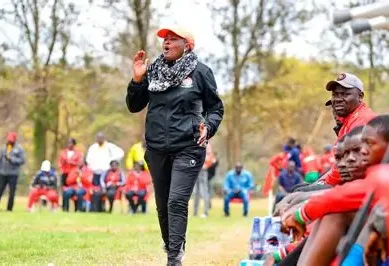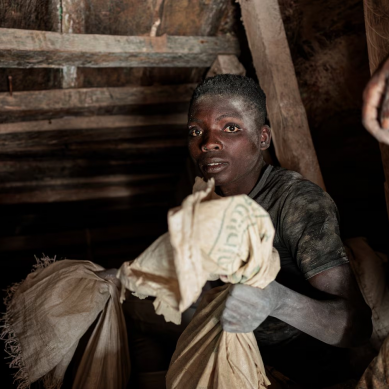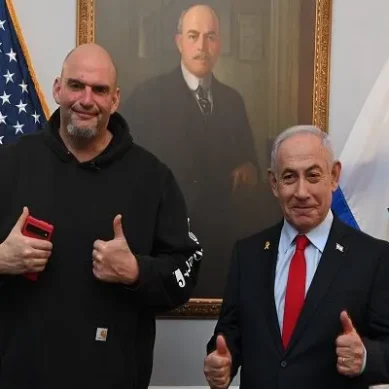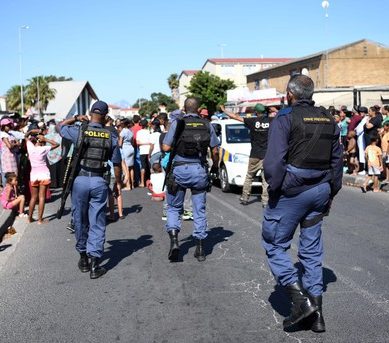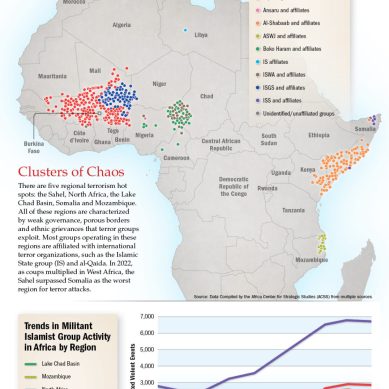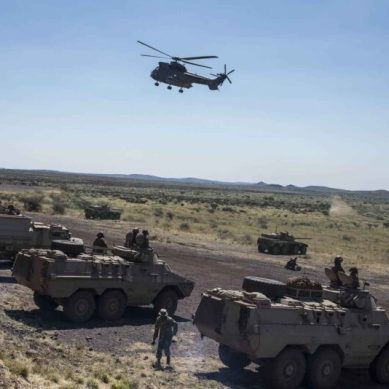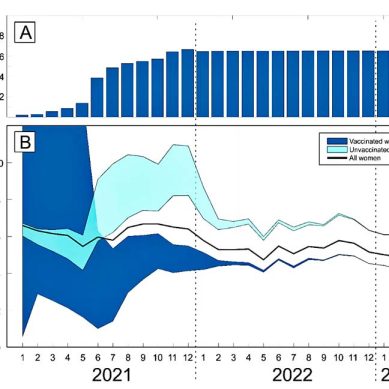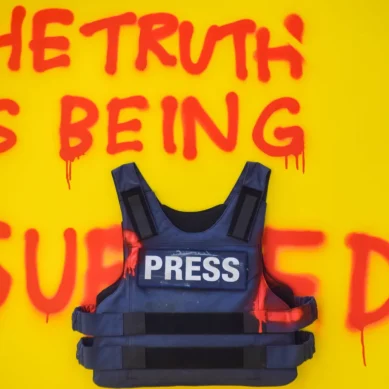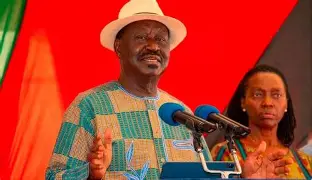Cry, the beloved country: How Congo’s mines power world’s tech industry that reciprocates with guns and bombs
According to a December UN report, the scale of the trade reached new heights after the capture of Rubaya by M23. The rebels went on to establish a parallel administration controlling mining activities, trade, transport and the taxation of the minerals produced there, the UN reported.
How African player Lassana Diarra’s win in case against Fifa liberated European players from world football tyranny
The case hinged on a FIFA decision to fine Diarra €10.5 million (£9.1 million/$12.1 million) and ban him for 15 months for breaching his contract with Russian side Lokomotiv Moscow in 2014 “without just cause”.
Israeli parliament approves apartheid as US Republicans and Democrats close ranks against PM Netanyahu
Despite its most powerful ally and arms dealer’s stated preference for a two-state solution, Israel’s Parliament voted overwhelmingly on Wednesday in favour of a symbolic measure to annex the occupied West Bank,
State capture: Role of South African Black police and ministers in crime questions ruling ANC’s credibility to confront lawlessness
In early July 2025, Lieutenant General Nhlanhla Mkhwanazi, the commissioner of police in the province of KwaZulu-Natal, made some startling claims. He called a press conference and, wearing camouflage uniform, he implicated the minister of police, Senzo Mchunu, together with the deputy national commissioner for crime detection, in a scheme to close down investigations into political assassinations in the province.
Africa pulls ahead of the world as the epicentre of terrorism with Burkina Faso perched at the top
In a speech to the High-Level African Counter-Terrorism Meeting in Abuja, Nigeria, African Union Commission Chairperson Moussa Faki Mahamat called for a new approach to addressing the “destructive phenomenon [that] is ravaging human lives, infrastructure and institutions.”
South African defence crisis: One of Africa’s strongest militaries faces internal fragmentation, credibility, deterrence and maritime neglect
Irregular warfare in the South African context refers to decentralised, asymmetric conflict carried out by non-state actors who use criminal violence, coercion and subversion to undermine state authority. These include armed illegal mining groups, organised criminal groups, smuggling syndicates and extremist insurgent militias. They do not engage in direct, conventional combat.
Thomas Partey: How white women in Europe turn African footballers into sexual objects of financial exploitation
There is also a lack of clear guidance for clubs in these circumstances. Lisa Nandy, the UK’s Secretary of State for Culture, Media and Sport, expressed concern this week on the Sports Agents podcast that clubs do not have a “standard approach” when “very, very highly paid” players face claims of sexual assault.
Used and dumped by Arsenal, Ghanaian midfielder Thomas Partey now on his own as he parries sexual offences allegations
Despite the club telling the alleged victim they were taking the matter “extremely seriously”, Partey continued to play for Arsenal – and was promoted via their media channels. In the days following her initial complaint to the club, he appeared prominently on a number of social media posts.
Behind glossy picture of European demographics, it emerges that Covid vaccines may have fixed the power and flair of women to bear children
The drop in natality in the Czech Republic in 2022 could not be explained by demographic factors. Total fertility rate – which is independent of the number of women and their age structure – dropped sharply in 2022 and has been decreasing ever since. The data for 2024 show that the Czech TFR has decreased further to 1.37.
Journalism and democracy are conjoined twins and when they die, they are buried in same grave
Independent journalism is one of the strongest defences we have against polarisation, extremism and authoritarianism. But in many parts of the world, it simply cannot survive without support. Advertising doesn’t work in conflict zones. Subscription models don’t sustain outlets serving rural, low-income communities.

